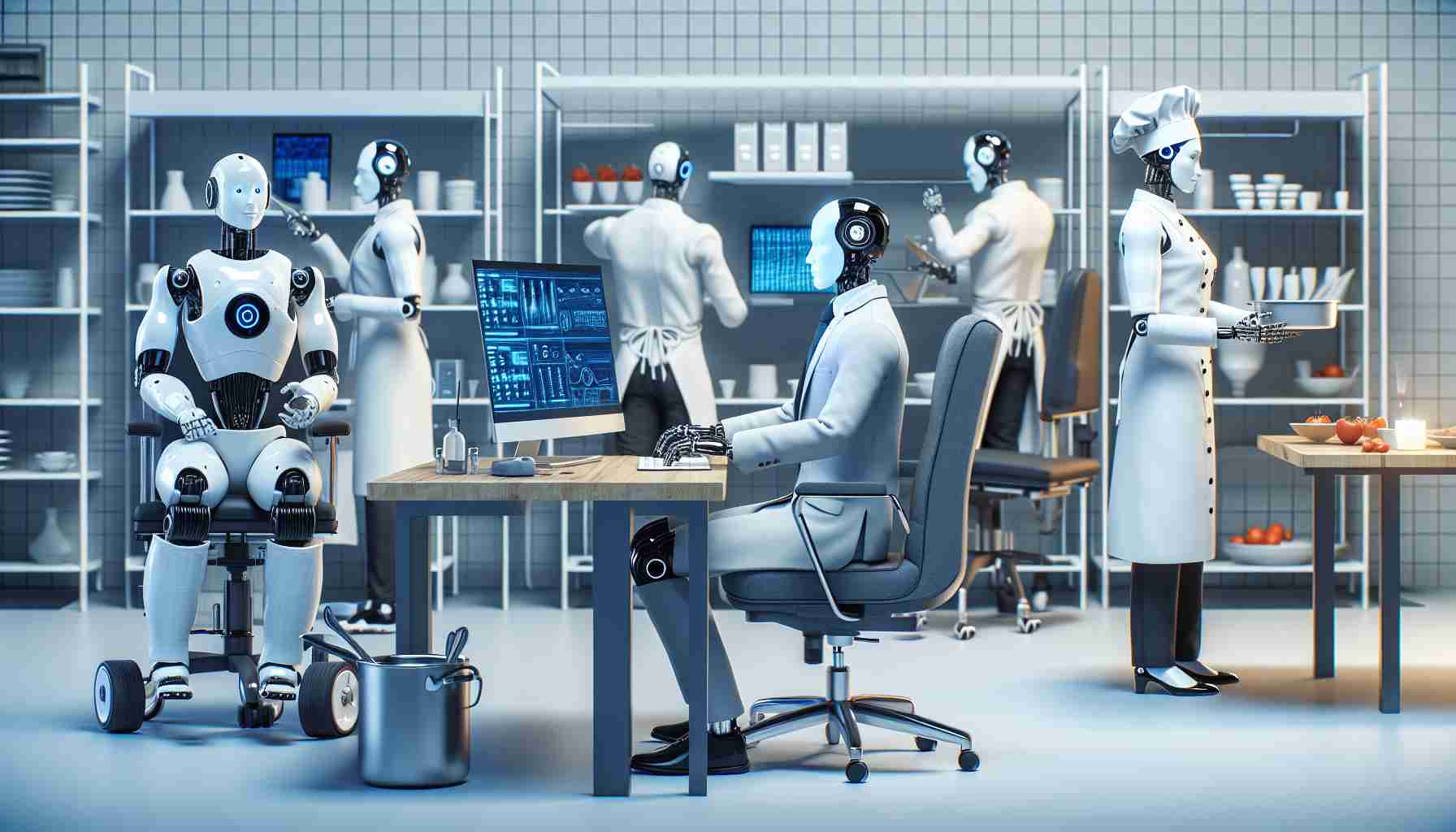The question of whether robots will take over human jobs has been a topic of heated debate for years. With advancements in artificial intelligence and automation, it’s no longer a matter of science fiction, but a reality we must face. According to a report from the World Economic Forum, by 2025, machines and algorithms are expected to handle half of the work tasks globally. This suggests significant changes in the job market landscape.
While automation is likely to replace certain tasks, not every job is at risk. Jobs that involve repetitive and predictable tasks are the most vulnerable to automation. For example, industries such as manufacturing and logistics have already seen a significant shift towards robotic labor. However, positions that require creativity, emotional intelligence, and complex decision-making are less likely to be automated. Professions in the arts, healthcare, and education are examples where human skills remain crucial.
Moreover, it’s essential to recognize that while some jobs may be lost, new opportunities are created. The same World Economic Forum report indicates that automation could create 97 million new roles that are more adapted to the new division of labor between humans, machines, and algorithms. These new roles are expected to emerge in fields such as artificial intelligence development, robotics engineering, and data analysis.
In conclusion, while some jobs may be at risk of automation, innovation continues to open new doors, creating an evolving job market that integrates technology and human expertise. Adaptability and continuous learning are key to navigating this changing landscape.
Will Robots Really Snatch All Our Jobs? Here’s What You Need to Know!
As the world rapidly advances in technology, the anxieties surrounding robots taking over jobs have reached new heights. Yet, beneath the surface of these widespread fears lies an intricate web of impacts that are transforming the fabric of societies globally.
Beyond Automation: The Ripple Effect on Society
While automation often evokes images of vanished jobs, it also brings about unexpected societal transformations. Take, for example, the demographic shift that many countries are experiencing. As populations in regions like North America, Europe, and parts of Asia age rapidly, automation provides a crucial solution by filling the gap left by a shrinking workforce. Notably, the introduction of robots into care industries is reshaping how we perceive elder care by supporting both professionals and families.
A Catalyst for Policy Reforms
This technological tide is pressuring governments and communities to rethink educational systems and labor policies. Governments are now tasked with creating policies that encourage lifelong learning and skill flexibility—a move aimed at equipping workers with the tools needed to transition regularly between roles.
The Origins of New Career Paths
A lesser-talked-about aspect of automation is the birth of novel job sectors, such as robot ethics consultancy and automation integration counseling. These emerging areas foster careers focused on ethical deployment and seamless implementation of robotic systems in businesses, addressing urgent ethical and logistical questions.
Will Robots Take Your Job? Yes and No!
The answer varies significantly across professions and sectors. Are you in a role heavily centered on predictable, routine tasks? If so, it might be time to reconsider skill development. However, industries such as the arts, psychology, and certain facets of healthcare remain somewhat insulated due to the irreplaceable human touch they require.
For more insights, visit World Economic Forum and Forbes to explore future job trends and automation impacts.







